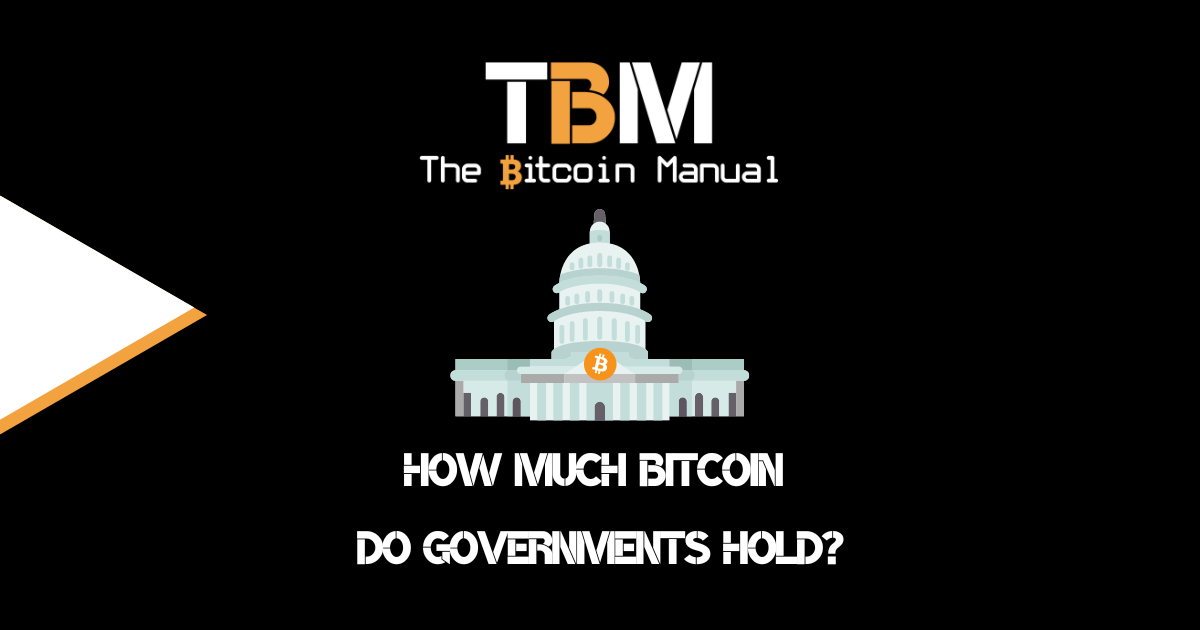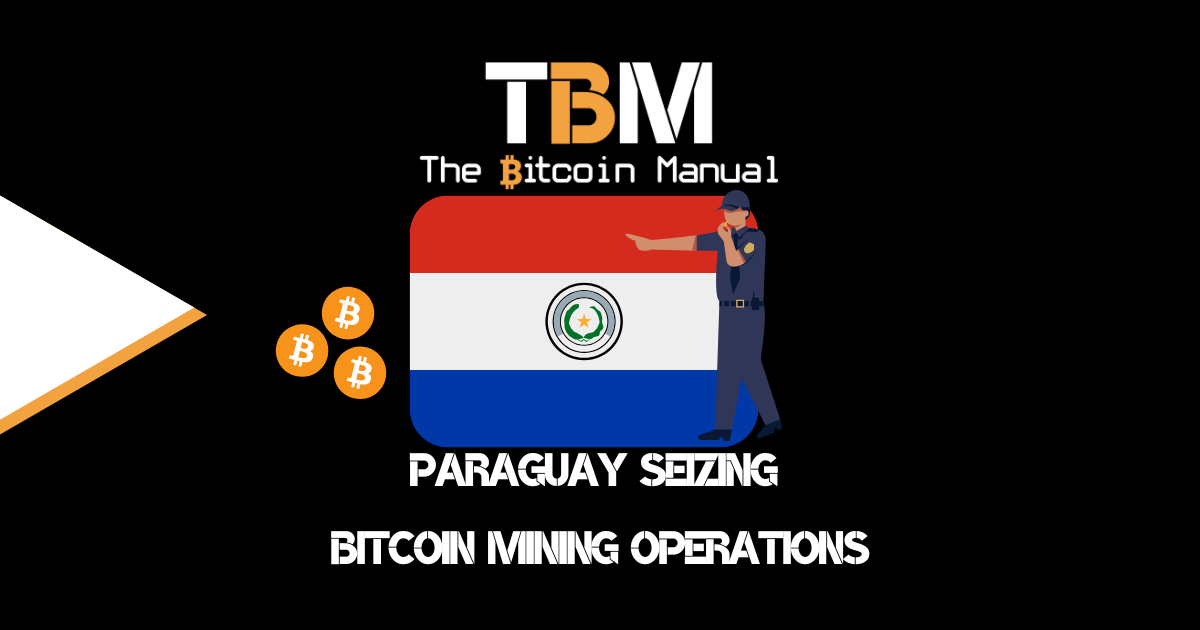Since I’ve got into Bitcoin back in 2015, I’ve been told it was volatile, and on face value, it’s true. I looked at the daily price movements, and for someone who doesn’t understand what’s going on, the volatility can either seem like a gamble, and you could ride the waves and scalp some profit or too much volatility for you to want to risk your capital.
Throughout history, there have been volatile assets, but for a normie like me who ignores stocks and the broader financial market.
I have never been exposed to it.
All I ever knew was work, spend less than I make, save your money and put them into various funds and build a fund for retirement.
I didn’t see the need to invest, I was too focused on my job, but each year that I did that, I noticed diminishing returns.
- Despite my salary increases,
- Despite the rise in my investments each year,
- Despite me trying to cut down on my spending,
- Despite working longer hours, freelancing, and maxing out overtime
I had this feeling I was getting less and less, I couldn’t articulate it at the time, but I felt something was wrong.
I am running faster to remain in the same place.
For as long as I can remember, the idea of things “becoming more expensive” has been an accepted fact of life, along with death and taxes.
I think people rationalise this because their nominal income tends to increase over time in a financial sleight of hand.
We are so tied to the number on the screen and the various associations with specific absolute numbers that we don’t consider the loss in purchasing power of those numbers.
Sure your number in the bank account may increase, but what that number can acquire and produce diminishes over time; we can all agree on that.
So how do I protect the little value I can spare after all my bills, taxes and living expenses are covered? Turn to the talking heads and generic financial advice.
The talking heads on TV
Since financial advice isn’t ubiquitous, we’re not taught about money; it’s hard to discern what is good advice, what is a paid promotion and what is actual horse shit. In South Africa, we have an extremely low financial literacy rate and a lot of outdated tips are thrown around as absolute truths.
The truth I’ve discovered is that the world has become increasingly financialised. As the need for labour decreases and automation increases, labour deflation is only a matter of time in your niche that you decided to apply your skills in and build a career.
So we turn to the talking heads on TV and online.
I hear many of these bourgeois bean counters talking out their arses; sure, you can have all the stats to state that inflation is low and Bitcoin is volatile, but the narrative can only outpace reality for so long, and some of us face a dire reality.
The fact is, these people are in a position closest to the money distribution; their labour is grossly overvalued in these markets, and some of us don’t have that luxury. These people are so far removed from the reality of the people who watch their content, and there is an apparent disconnect in messaging.
Sure, if you’re in a position where you can earn a decent living with some disposable income to spare, then their advice works. Still, if you’re the ordinary working man, the fact is, your spare cash can only compound so much overtime in any investment vehicle.
What is your solution?
When you live in the fruits of your labour, a lot of the juice is sucked out of your harvest before you can enjoy it. Trading your labour means you are subject to a host of taxes, and storing your excess productivity in cash means you’re subject to inflation losses.
So you have to look at investable assets, and as someone who has gone through this process, not every asset purchase will be open to everyone.
Real estate
So you’re forced to move into acquiring investable assets, but the problem here is not every investable asset has a low barrier to entry. To purchase a home, you need to have a specific income and credit rating and then leverage up your income 5, 10, 20x and then pay that back over 20 years.
Bonds
If you’re dabbling in bonds, well, interest rates are so low and, in some cases are harmful, if we look at real rates versus nominal rates. Besides, who the fuck knows the creditworthiness of these bonds? Just because they rated AA or AAA doesn’t mean they are bulletproof.
Stocks
So that leaves us with stocks; not all of us have time to research various companies, take note of earnings calls and make sure we’re getting the best dividends or capital appreciation for our small amount of money we can make available for the “riskier” asset classes.
Passive index funds
It seems like the index fund has become the go-to investment vehicle for many of the normies like myself. You’re effectively hedging your risk in the madness of crowds, following trends and having a massive amount of capital to deploy means you tend to see paper gains.
My issue with index funds is when a large cohort becomes a net seller, who will be there to bid for the assets so they’ll have the liquidity to pay out investors.
Yes, I am in a few index funds myself due to the low barrier to entry and the fact that I don’t have to think about it too much, I still contribute to them because well-sunk cost fallacy I guess.
But I don’t see this being something that will leave me with any substantial wealth at the end of my working career.
The decision was made for me.
As a South African, my purchasing power is obliterated far faster than that of the Western World. Taking the western approach to wealth preservation isn’t exactly a game-changer for me. I don’t earn in dollars or Euros, and that puts me at a distinct disadvantage.
The fact is you need a certain amount of purchasing power per month for those compound returns to provide any meaningful impact in the long term.
I don’t have the luxury of financial products that some of the G7 nations have nor the additional luxury of time, with the lower rate of debasement these nations suffer from today.
First worlder gambling
I hang around in different spaces on the internet trying to learn more about Bitcoin, and many of those opinions come from those in the developed world. I get it, you’ve got a bit of cash to play around with, and you’re looking for an accessible speculation vehicle; some do it in Bitcoin, while the others do it in shitcoins.
Yes, it’s an emerging asset class that is hyper volatile, as more people come online and get into the space, not understanding how it works. Any asset where retail can access is going to see a mania, as the madness of crowds juices up the market only to be picked off by the financial big boys, like a trained sniper.
I get it your currency still holds some weight which is why you would be willing to cash out to it in a future state, but to me, that’s not even an option. When someone asks me at what price I would sell my Bitcoin, I hear.
“At what price would you buy South African Rands.”
To which my answer is NONE! I don’t want Rands; they are becoming more meaningless by the month. I am already forced to earn and conduct my life in this medium of exchange; I am not going to save in it too.
I’ve already made the switch to Sats as my calculation for a store of value, and I am not going back.
Bitcoin is the only game in town.
Is Bitcoin volatile? Yes, but to me, that’s a small price to pay for the potential upside and benefits such as:
- Bitcoin gives me access to global money and a far superior monetary policy to my national currency.
- Bitcoin offers me the ability to acquire an asset at any amount I want to invest
- Bitcoin allows me to self custody my asset
- Bitcoin doesn’t charge me management fees
- Bitcoin doesn’t require me to have a particular credit score or income
- Bitcoin has a lower inflation rate than my national currency
- Bitcoin doesn’t lock me into a specific service provider
- Bitcoin doesn’t limit my deposits or withdrawals
- Bitcoin is accepted all over the world
- Bitcoin has the potential to provide me with returns that I cannot get anywhere else
So yes, Bitcoin is volatile, but what choice do I have now? Accepting that it is volatile, learning to dollar-cost average and allocate a position I am most comfortable with puts me at ease.
Am I 100% into Bitcoin? No, I need cash to survive, I need dry powder if there are dips, but Bitcoin is slowly becoming a more significant percentage of my net worth, not by choice but a necessity.
To me, trading volitlity for poverty is a no brainer; I’m not a financial genius; I’m just chasing the incentives placed in front of me.





2 Responses
Wow, deep dive in to “why Bitcoin” and it’s easy to dismiss it in the Western world as a gamble or speculative asset due to the reasons you mentioned but from your perspective (which is going to be shared by many), Bitcoin takes on a different light. Even in the UK, it’s not all roses and when you take a step back to see how everyone is getting shafted, it’s hard not to “un-see” Bitcoin’s benefits, especially when you’ve used and experienced them for yourself.
Its funny how you come into it as a risky investment and later you see it as sound money and you happily stacking away, once you start to measure in satoshis things start to change for you. I am sure its the same issue all over the world, we all just at different rates in the slide down to hyperinflation or currency collapse, not that I want those things to happen, but I think Bitcoin will survive in any environment, its us who need to learn to survive along side Bitcoin